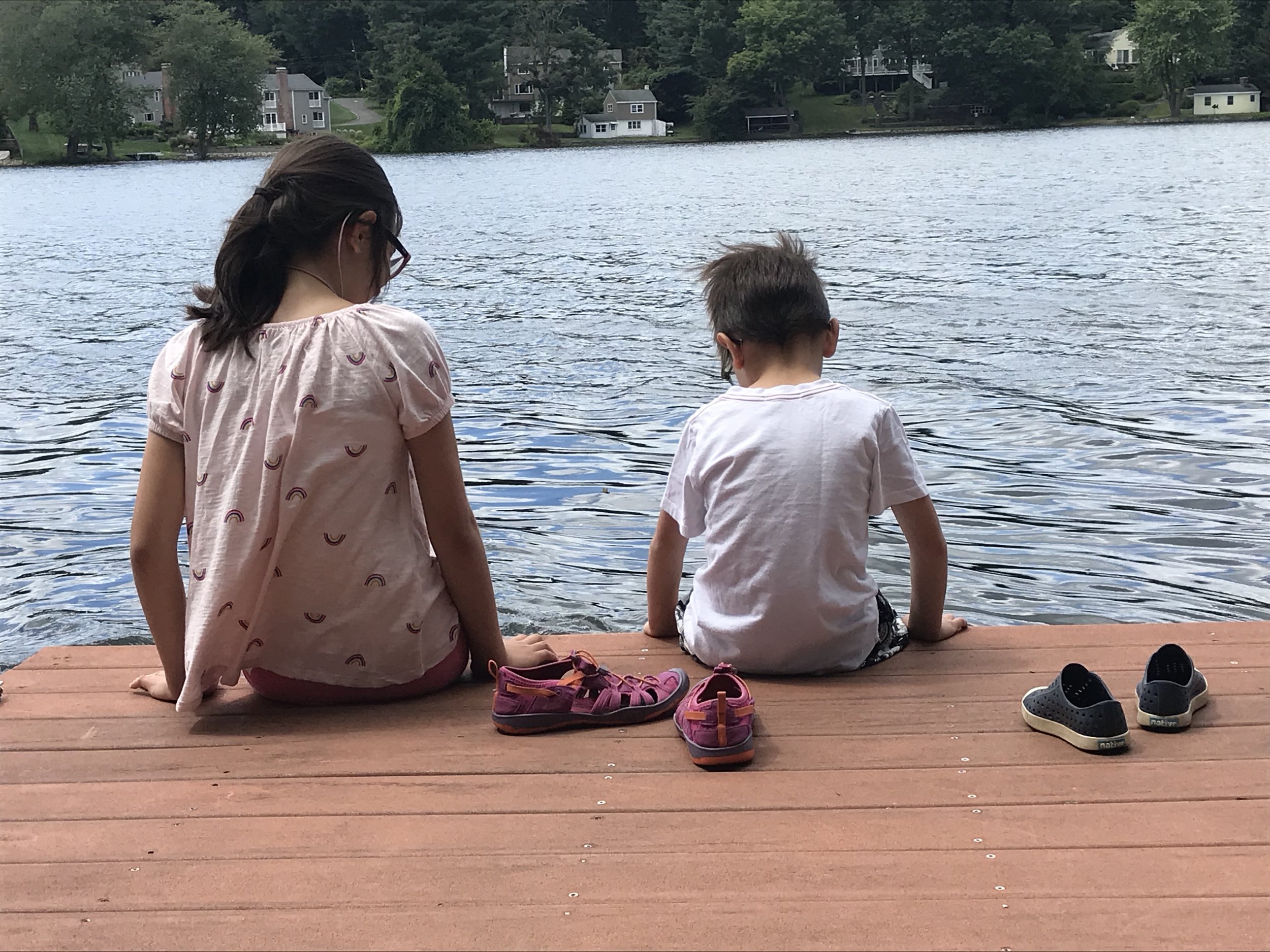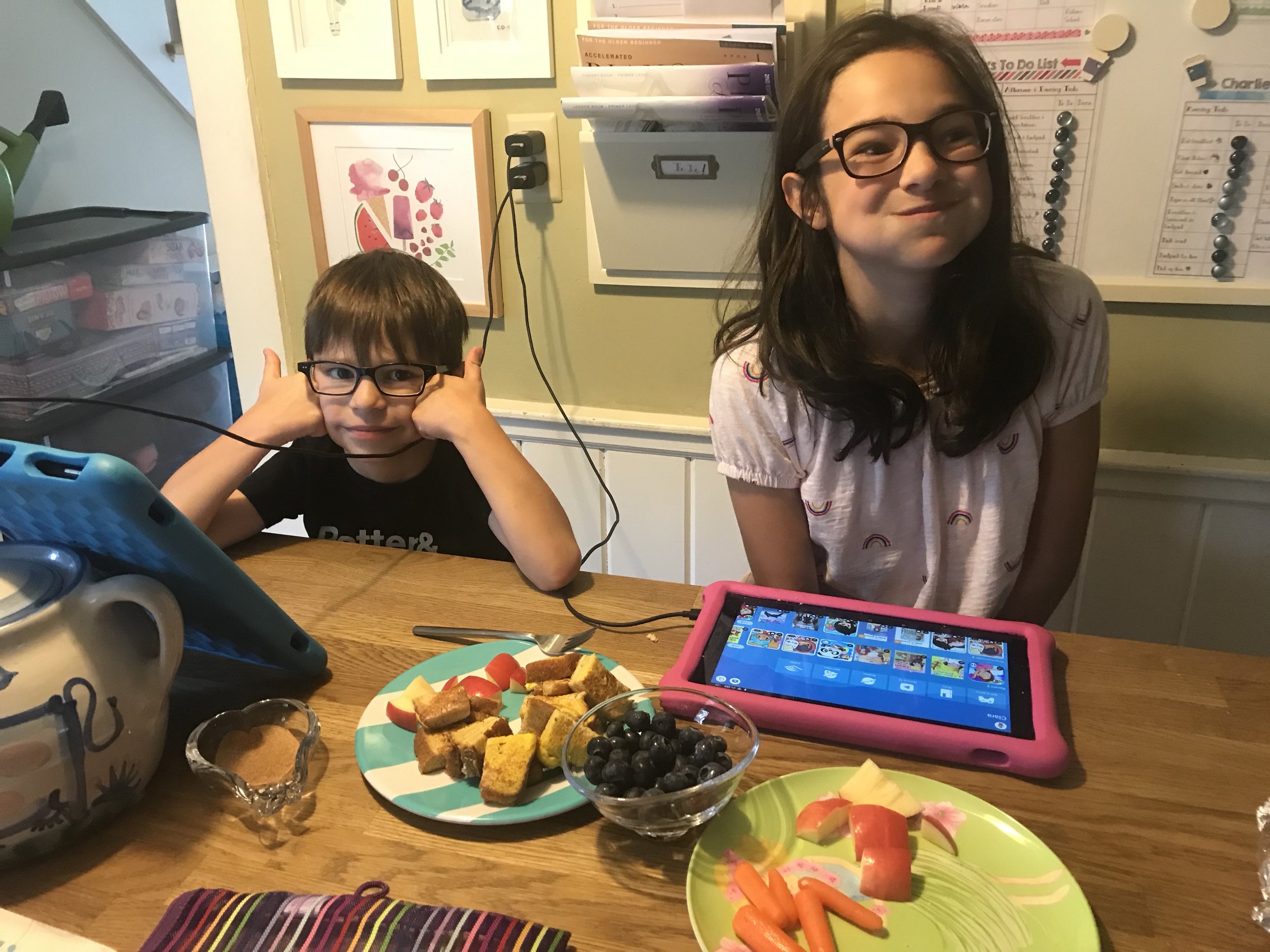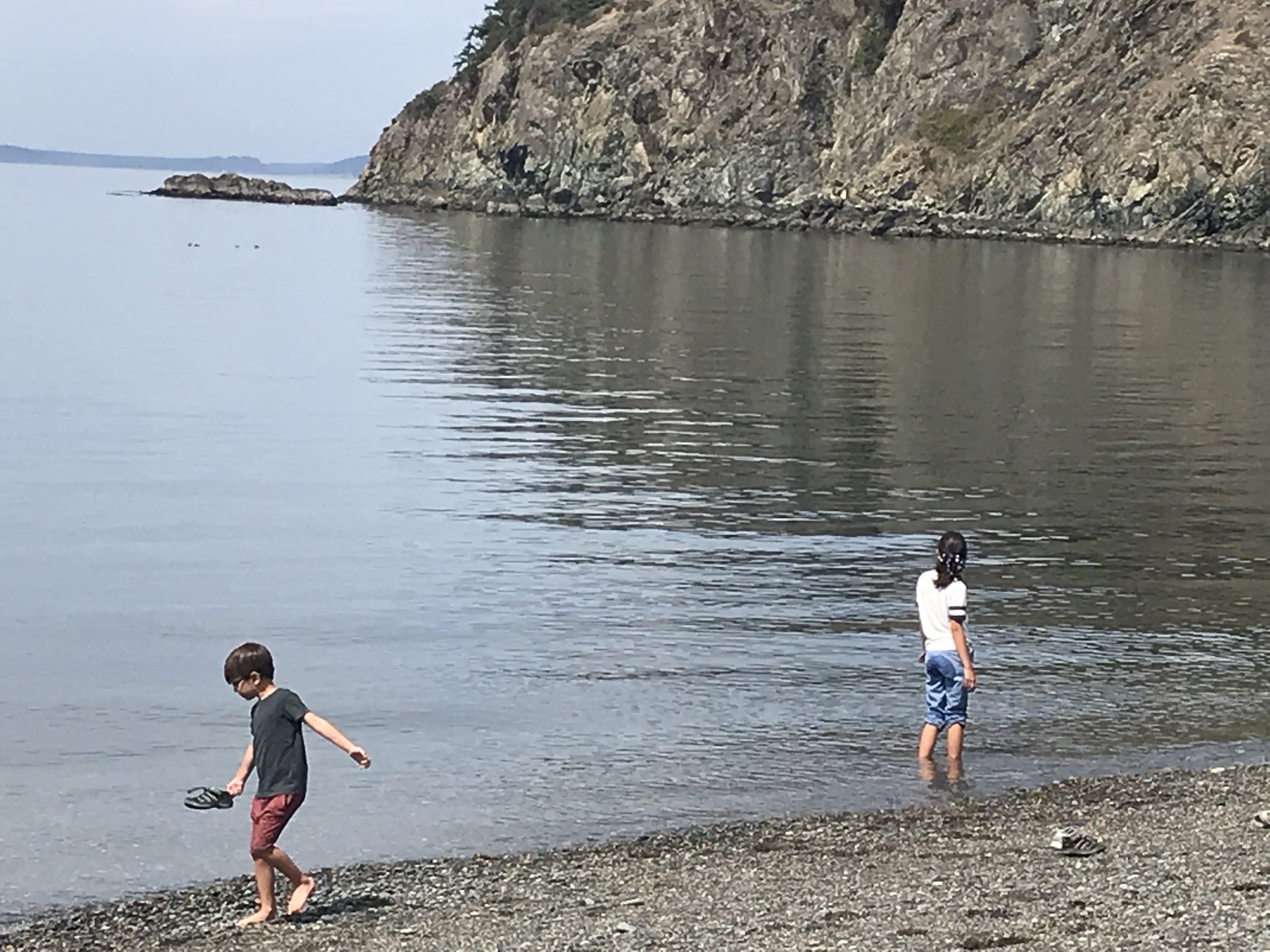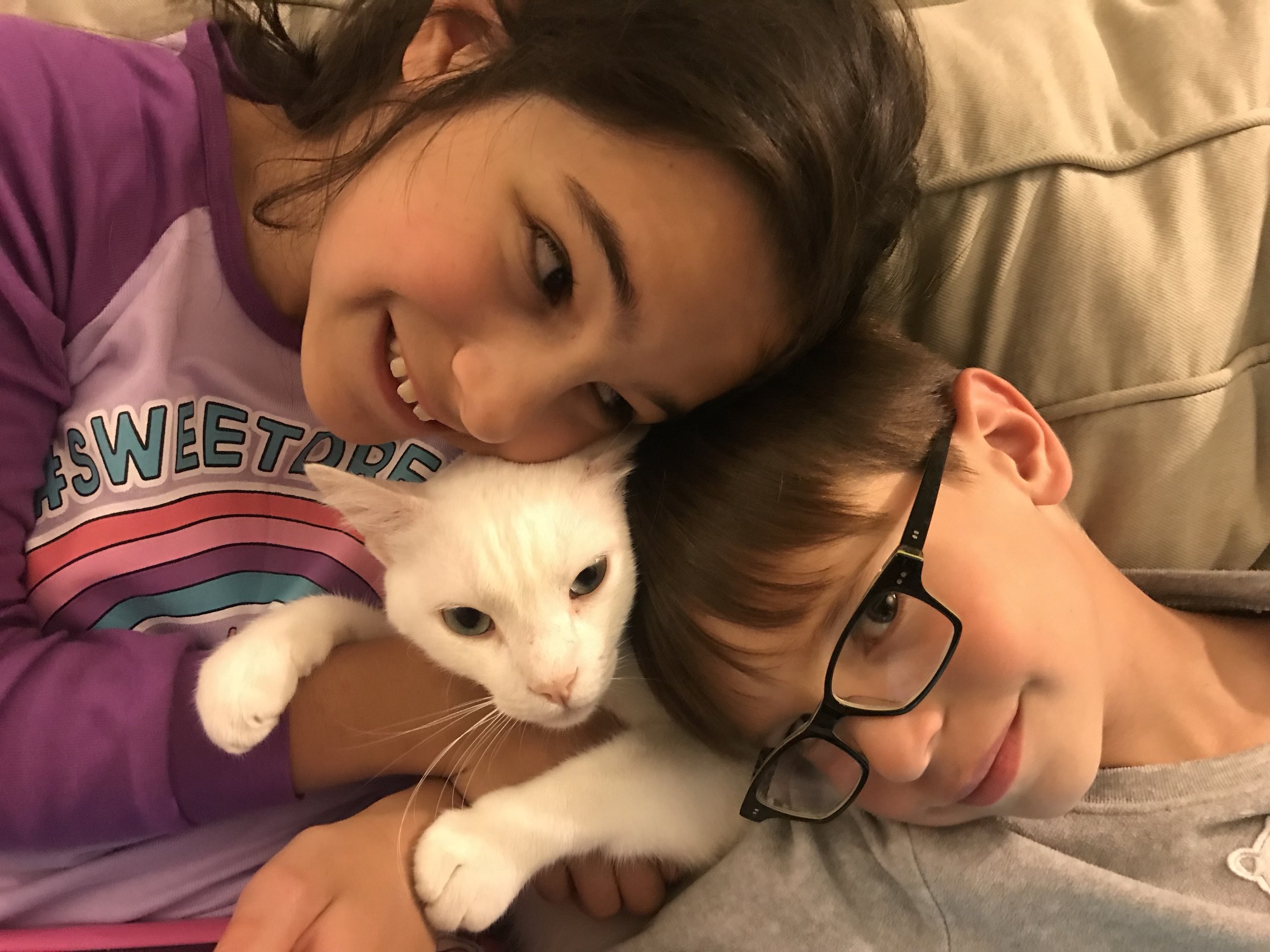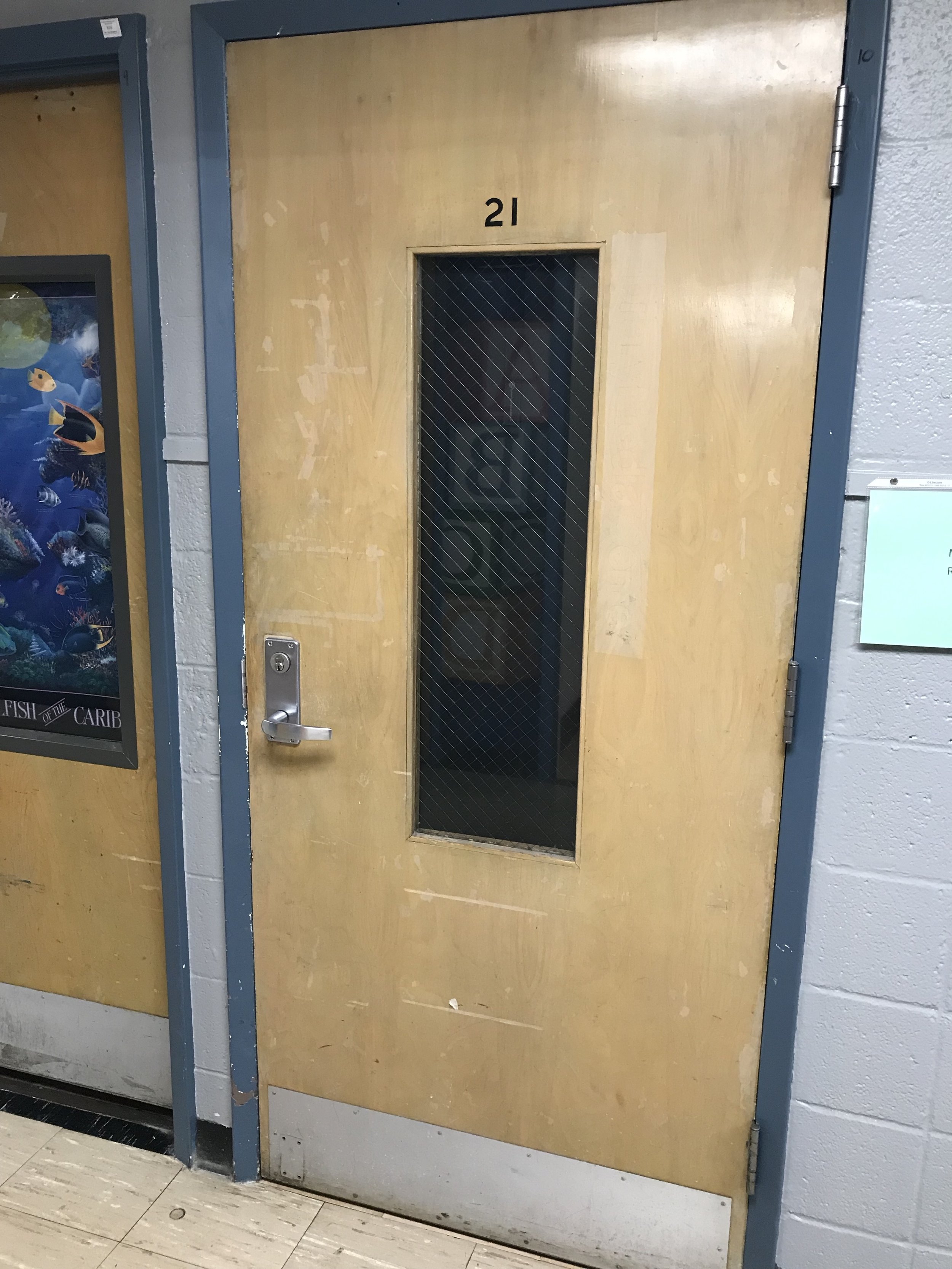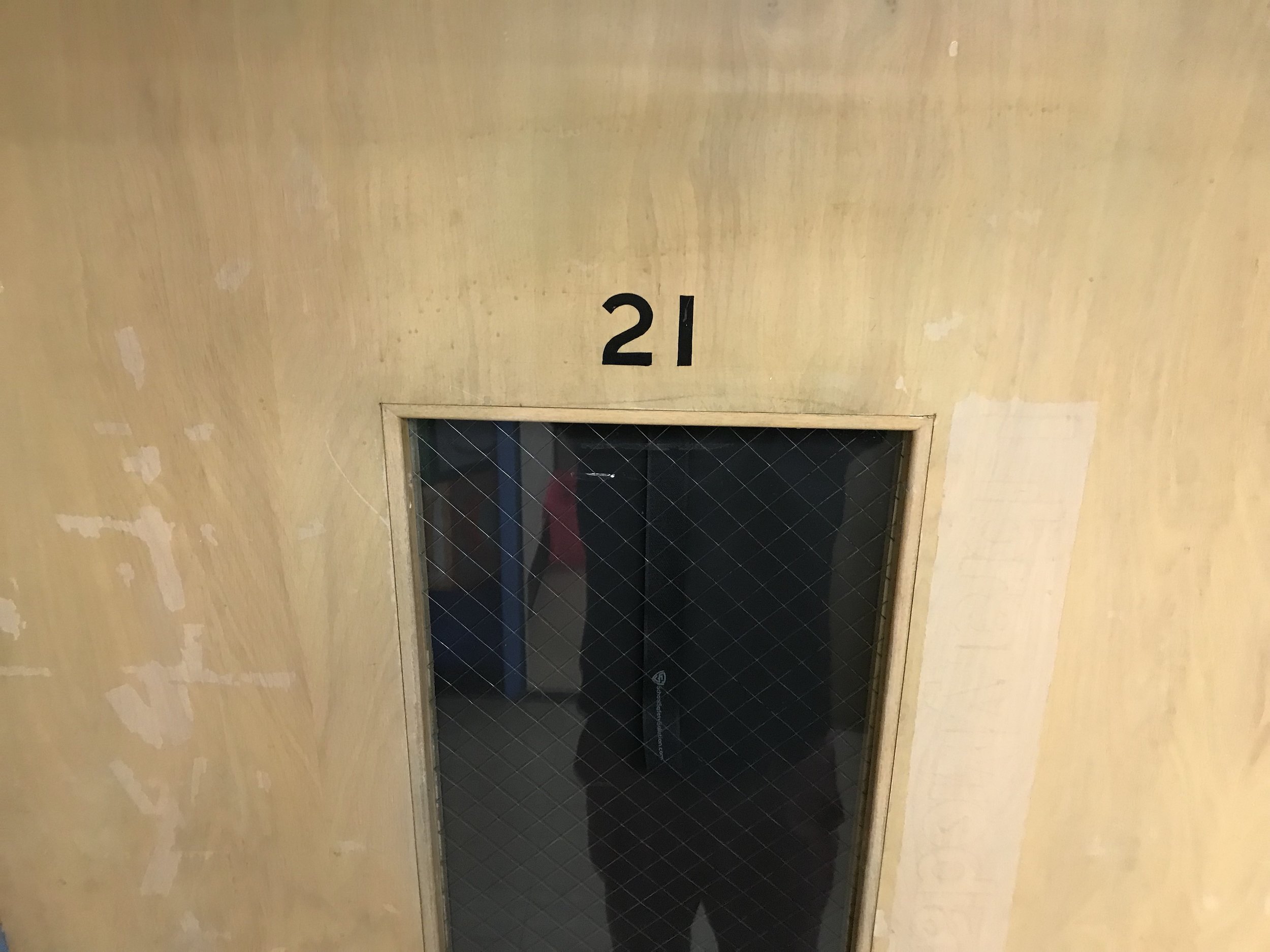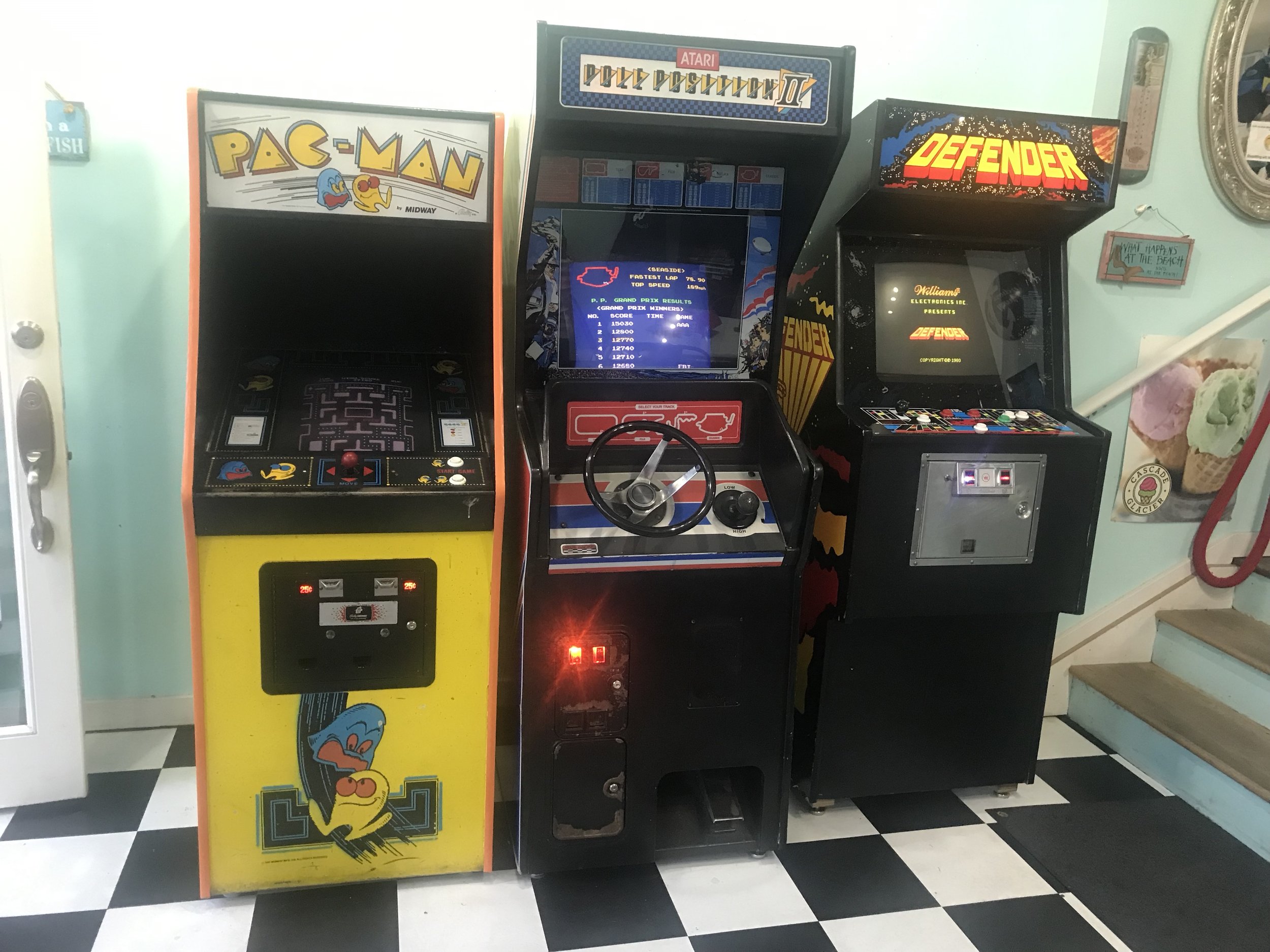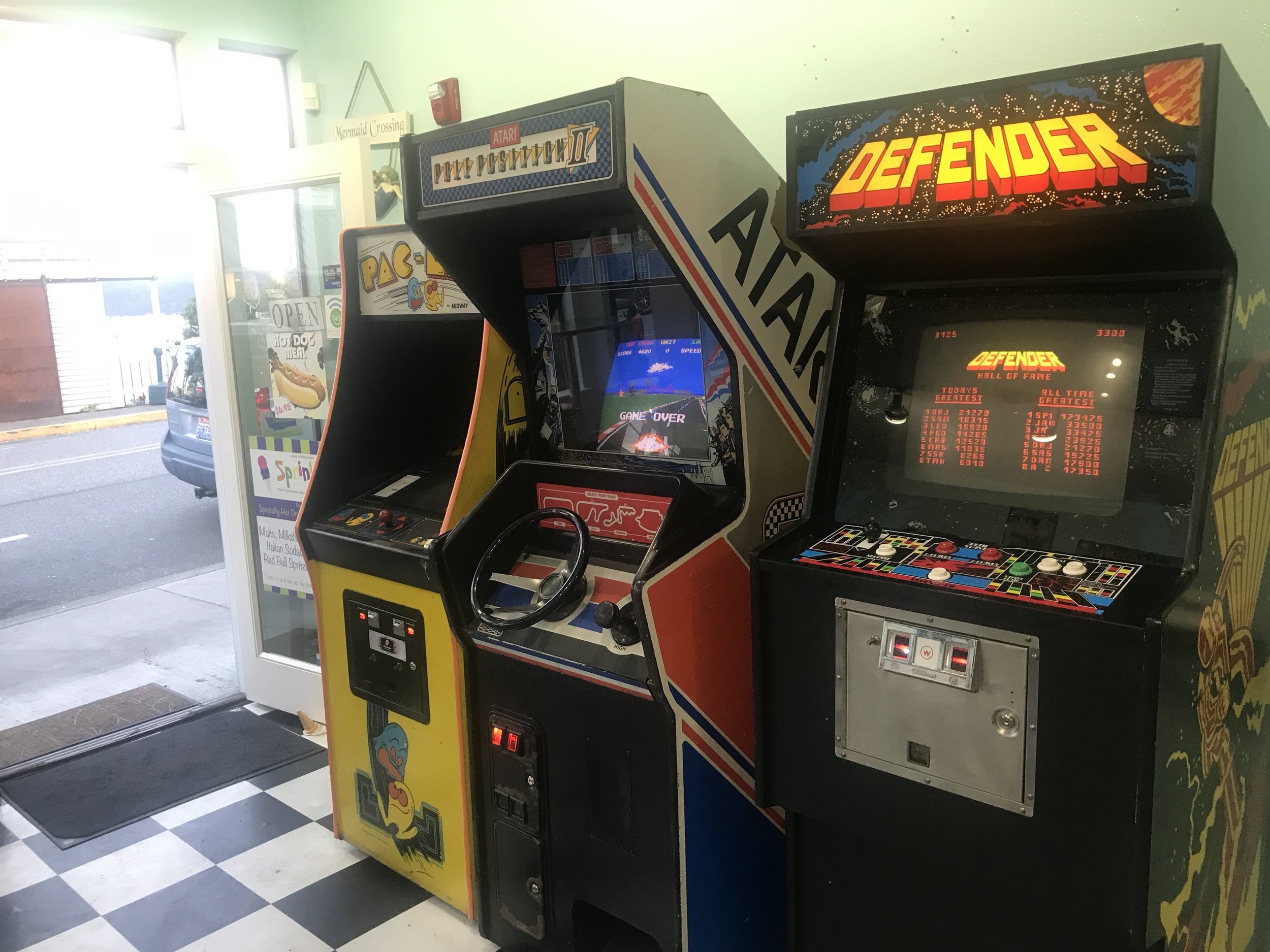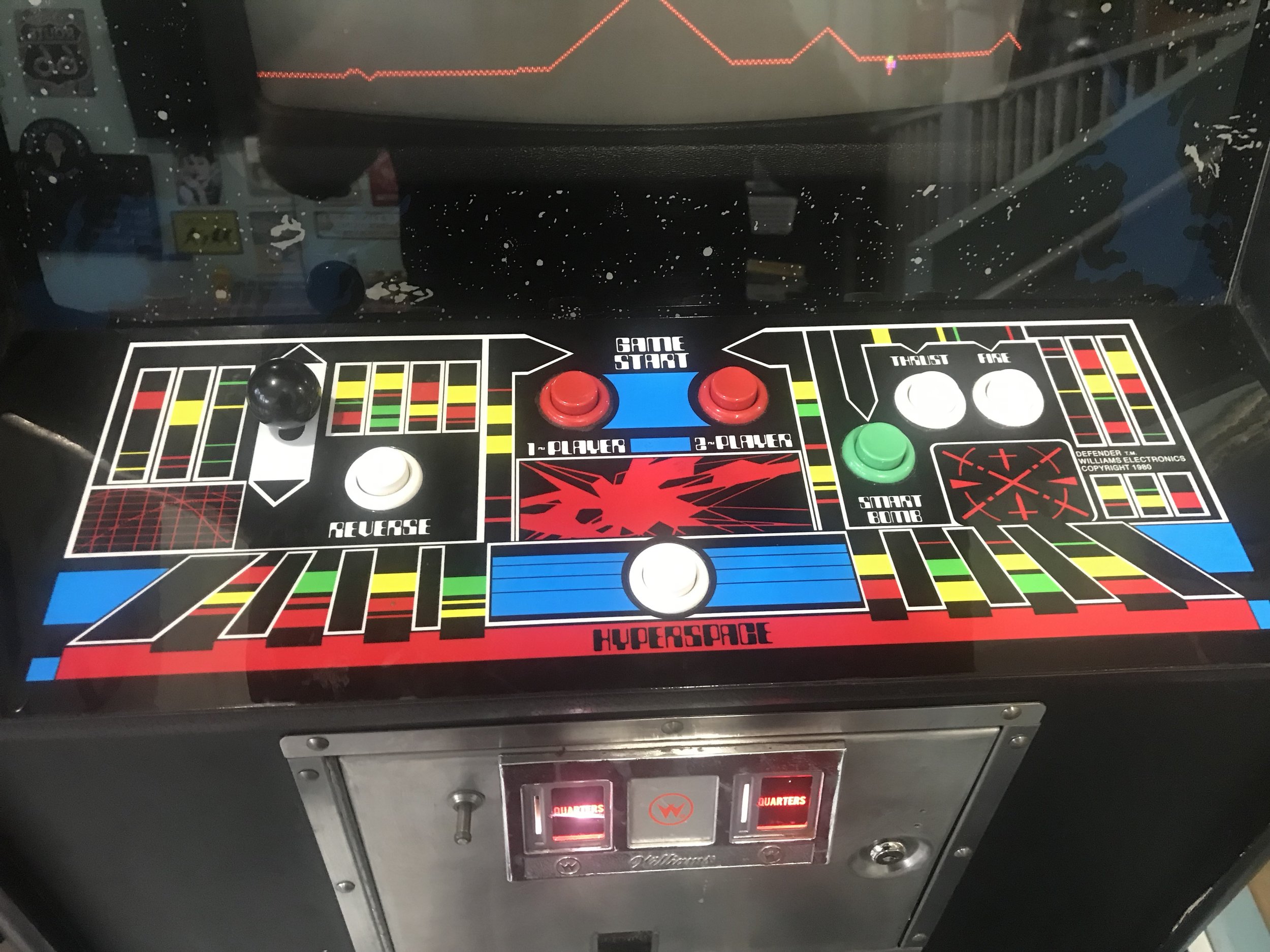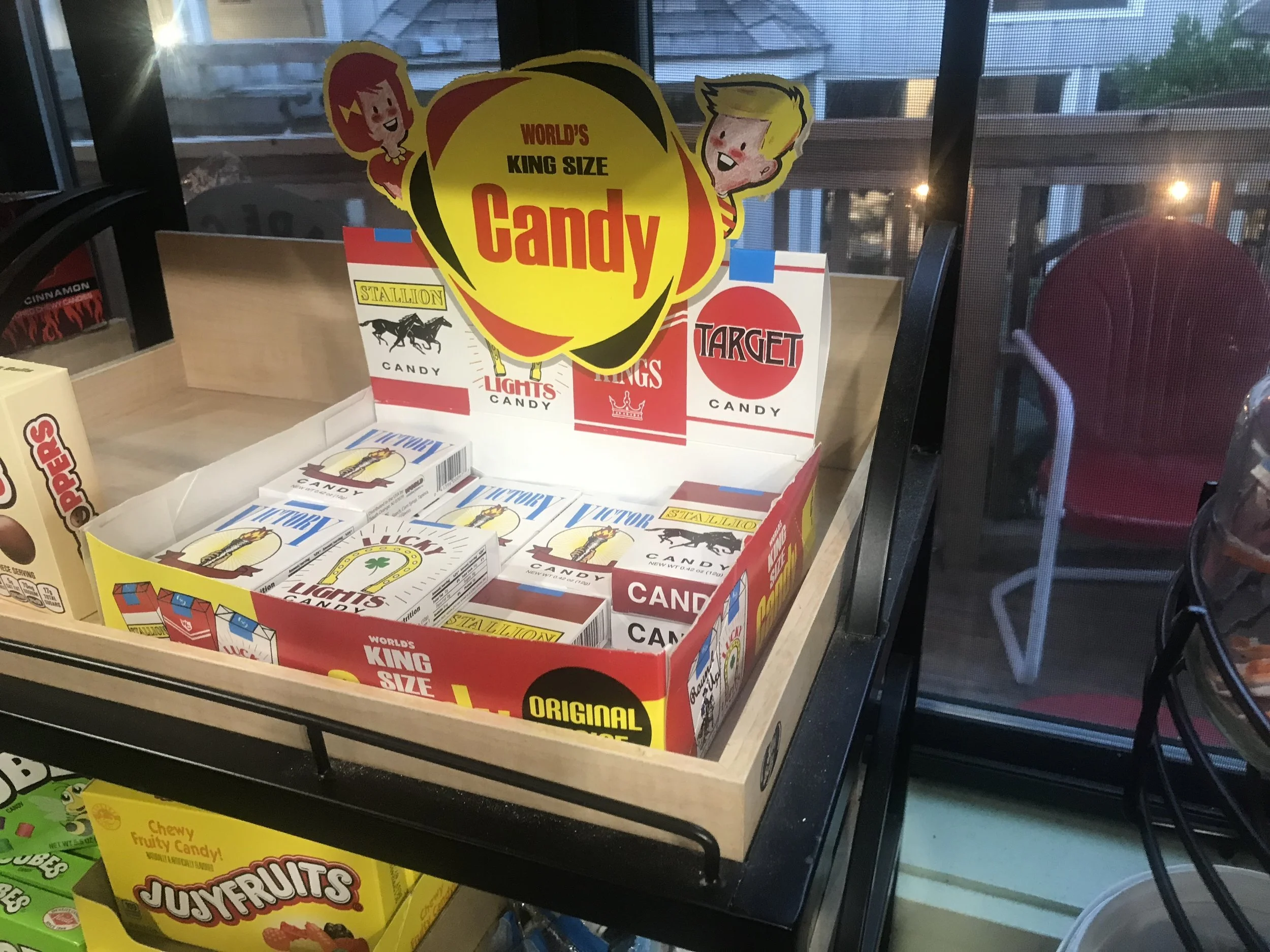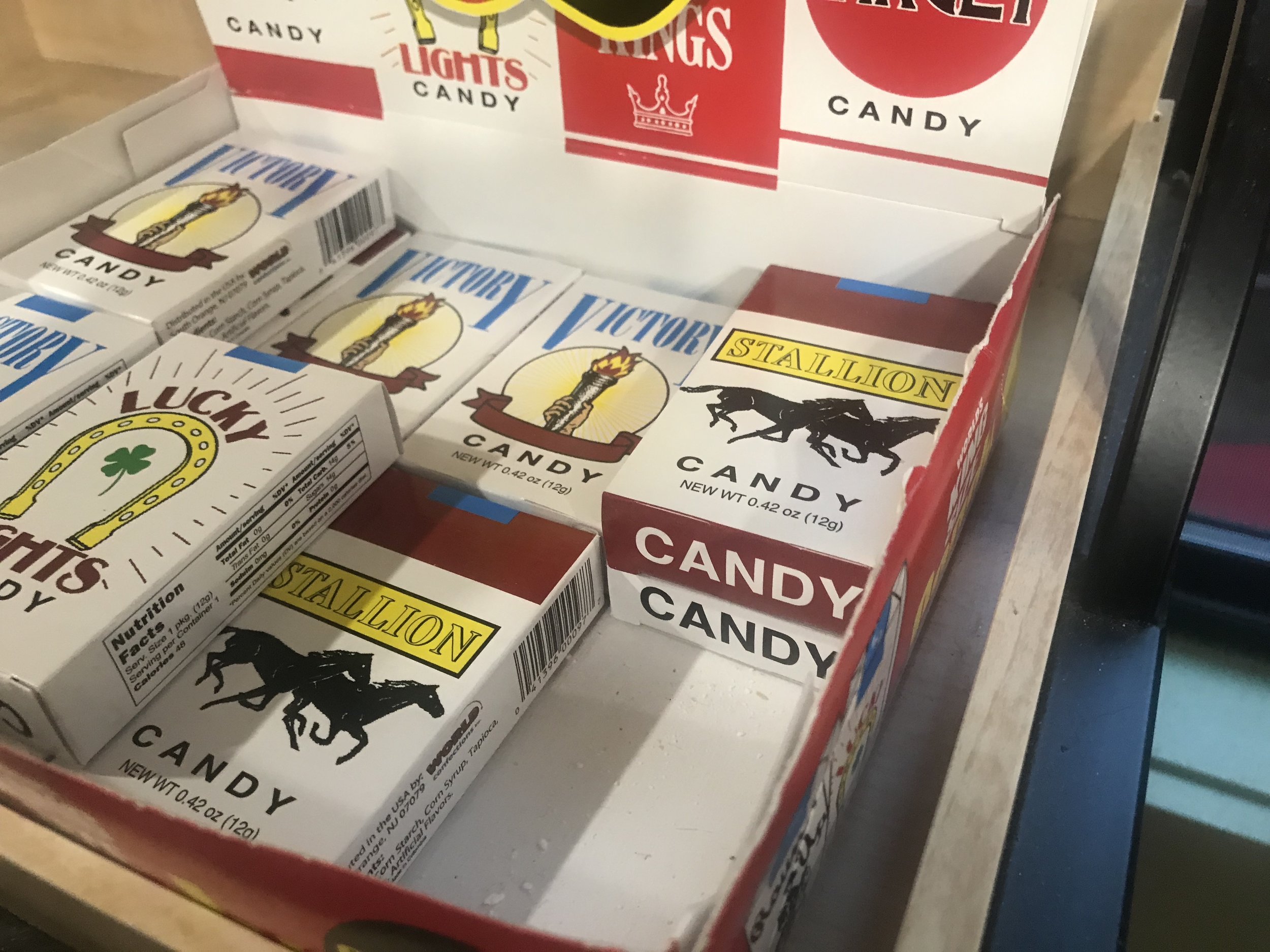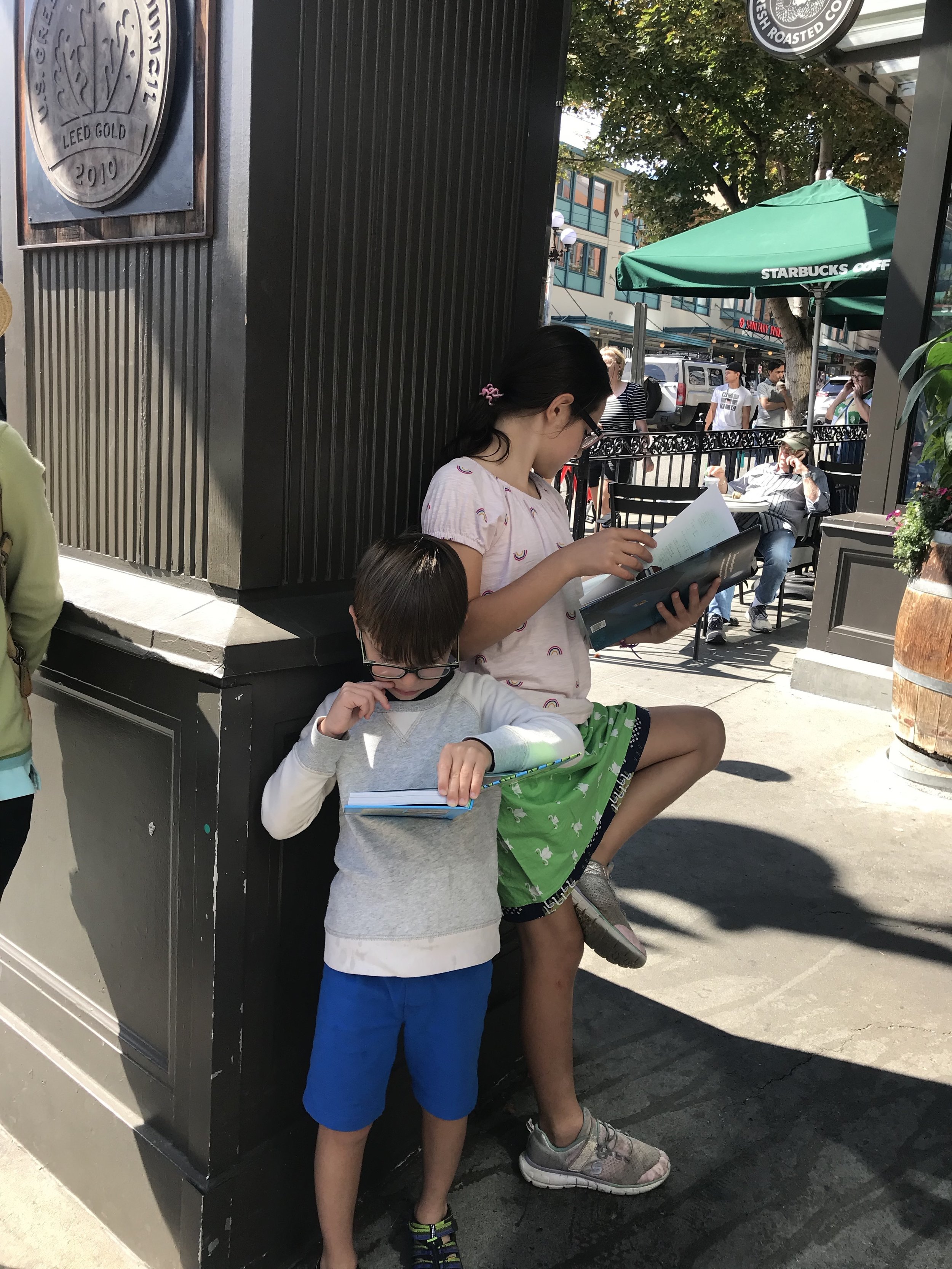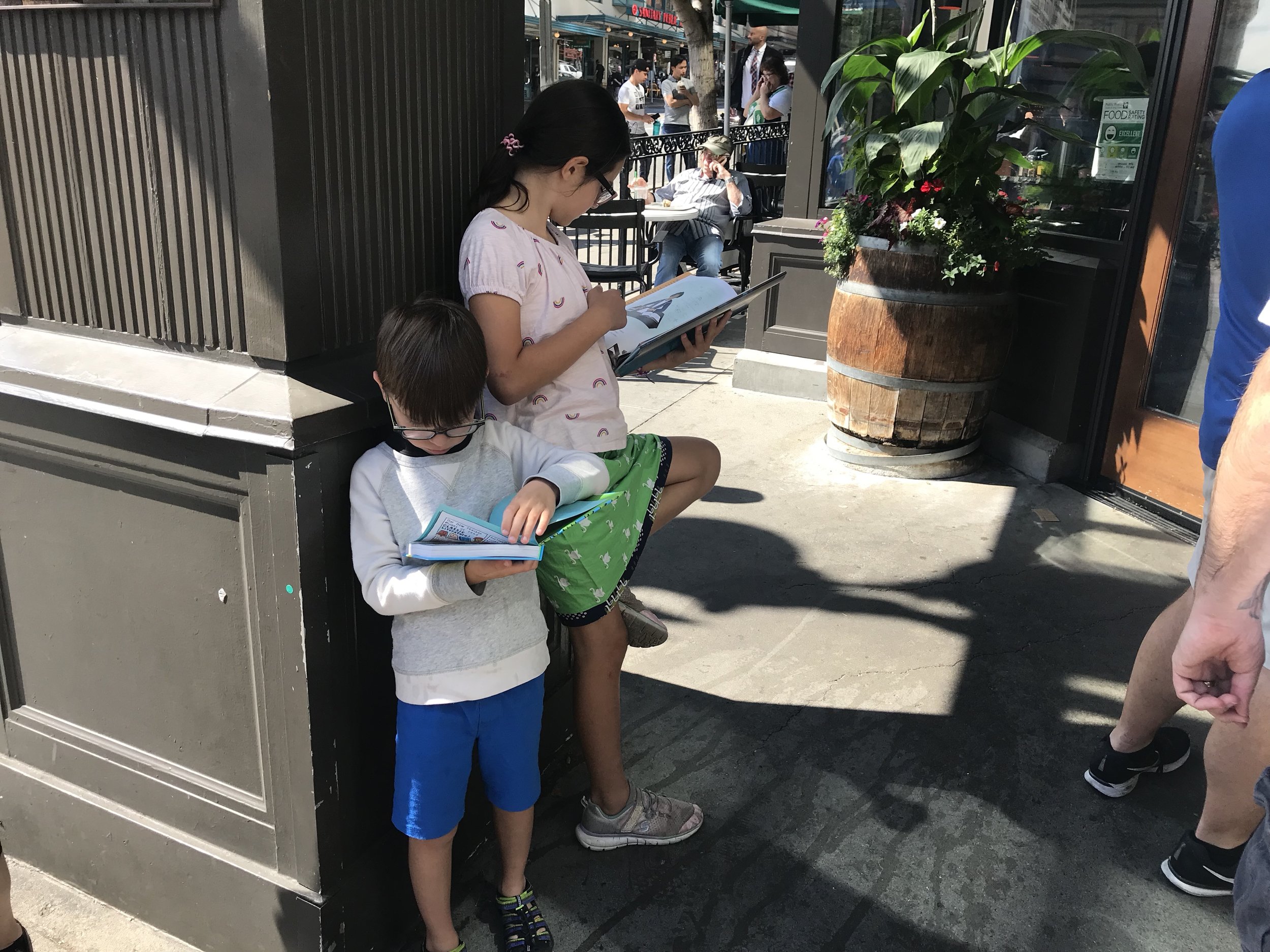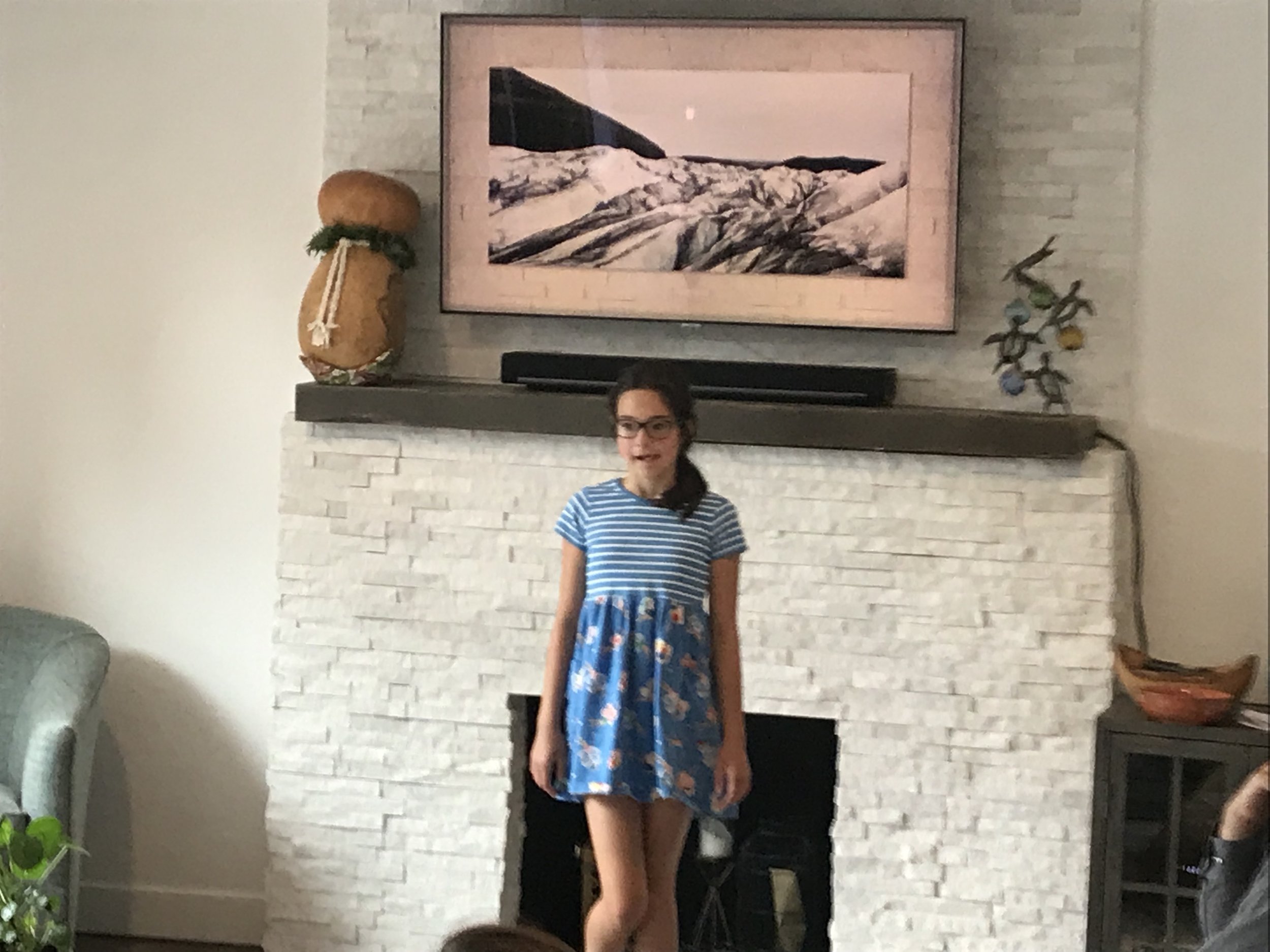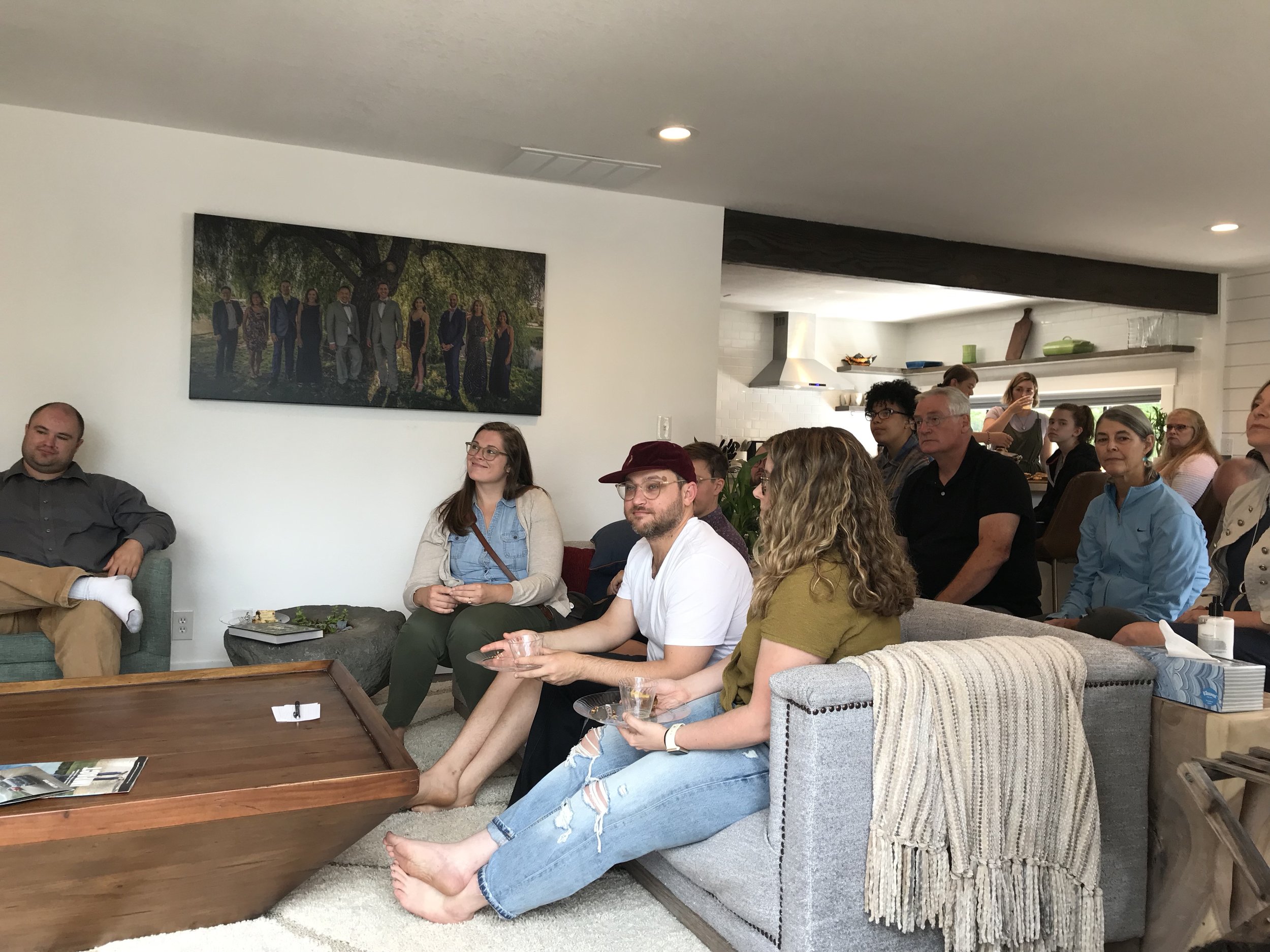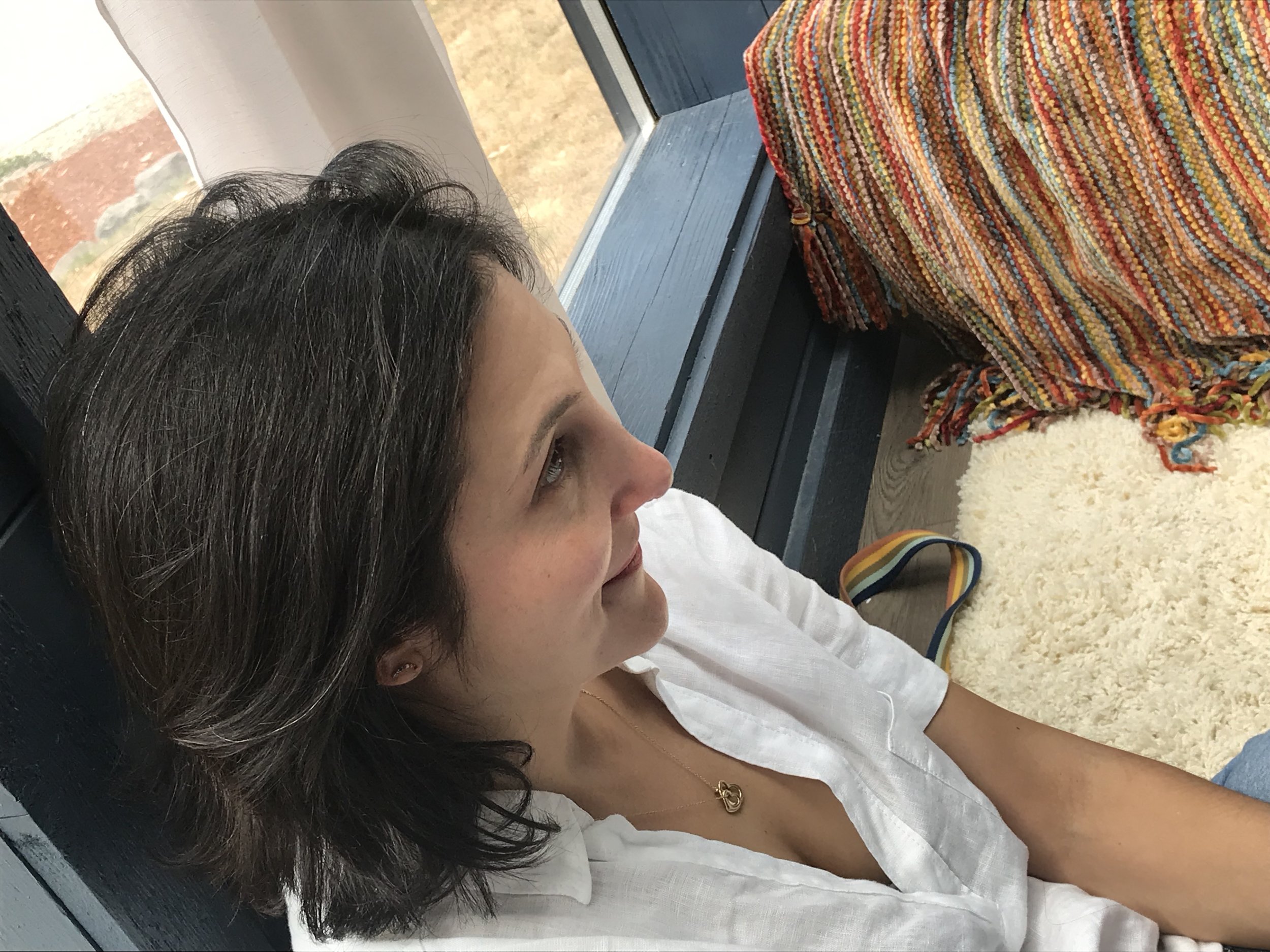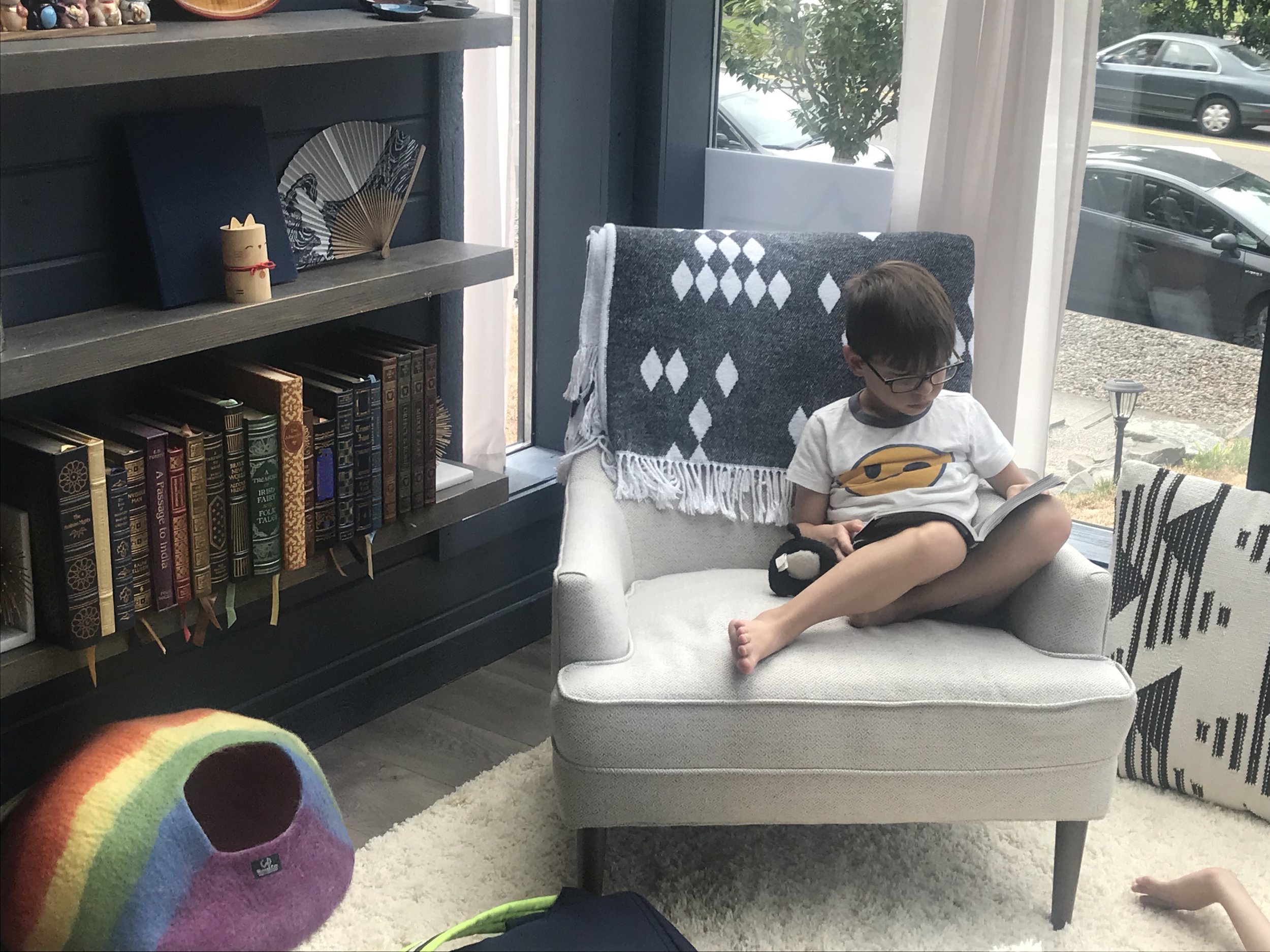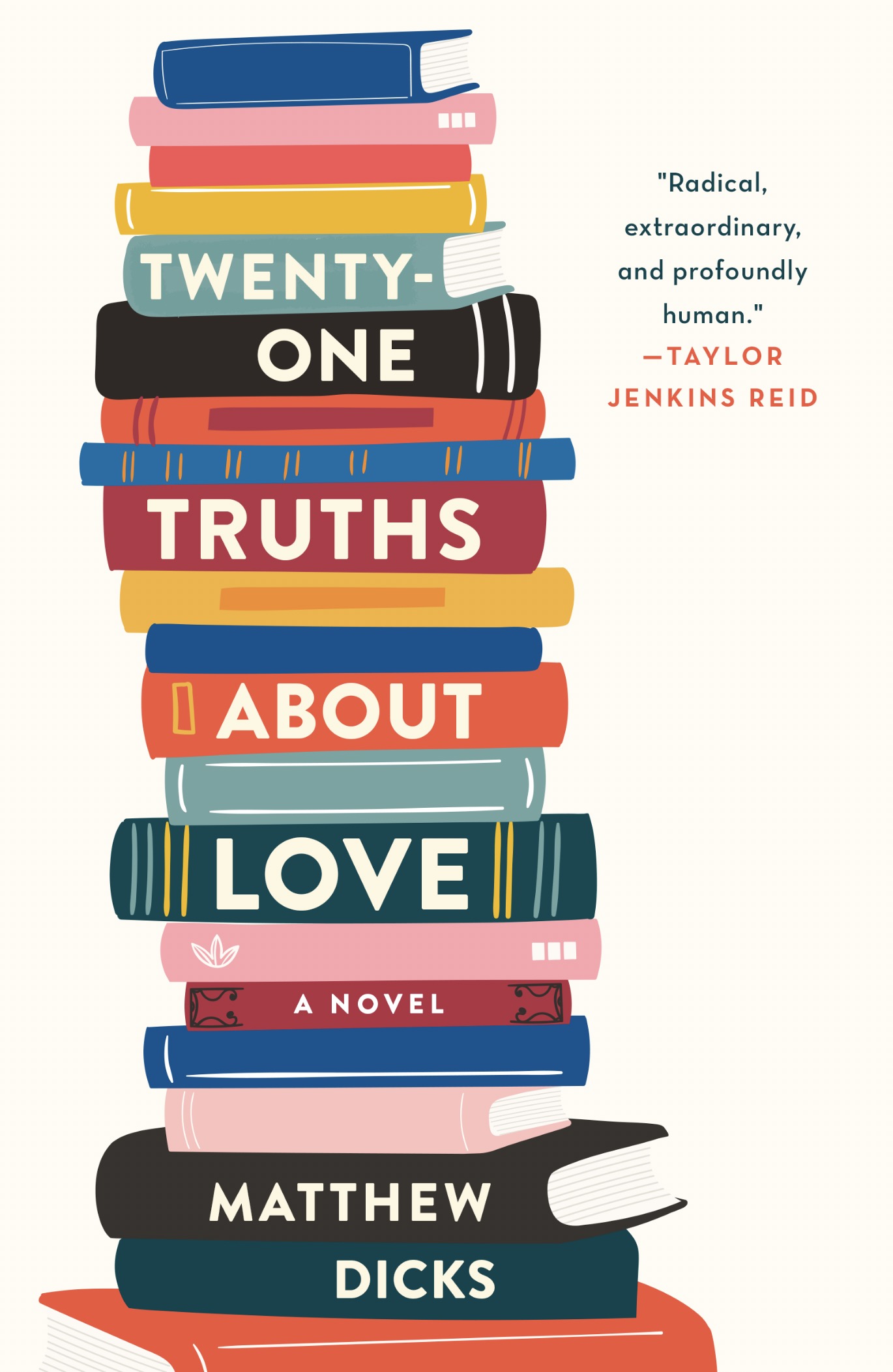On Wednesday night I’m standing at baggage claim in Bradley International Airport, waiting for the luggage carousel to begin turning,. It’s 10:00 PM. We left our friend’s home on the west coast at 5:30 AM, so it’s been a long day. I’m mentally urging my bags to appear when Clara sees a girl about her age off to the right and asks if she can go over and chat.
My first thought:
That’s weird. While waiting for luggage at an airport, you’re going to strike up a conversation with a stranger?
But we allow it, of course. Clara walks over to the girl and says, “Hi, my name is Clara. What’s your name?”
I cringe. I also worry that my daughter will be rejected. Embarrassed. Saddened.
Oddly, the two girls begin a legitimate conversation,. talking about where they began their day, their hometown, the upcoming school year, and more. I still think it’s weird, but it seemed to work out. I breathe a sigh of relief.
After finally extracting our luggage from the carousel, we begin heading to the airport shuttle when a man appears in front of me and says, “I just wanted to commend you on the parenting job that you’re doing.”
“Thanks,” I say. I have no idea what he’s talking about, but I willingly accept all praise of every kind.
“The confidence that your daughter has,” the man says. “The way she introduced herself to my daughter. Her conversation skills. That’s not something that happens in the world today. It’s special.”
By now Elysha has pulled alongside me.
“Oh,” I say, realizing this is not a compliment for me. “Most of the credit goes to my wife,”
The man turns to Elysha, introduces himself, and repeats the compliment.
And it’s true. Most of the credit belongs to Elysha. Yes, I’m sure that I’ve helped to instill some of that confidence in my daughter, but that’s probably a 50/50 proposition at best. Just a few nights before, Clara and Charlie sat backstage, listening quietly, while I performed onstage to a sellout crowd in Seattle.
But in the middle of my performance, Elysha took the stage and played her ukulele and sang a song for just the second time ever in public.
Watching her parents do these things has probably helped Clara to become a more confident girl, but the ability to approach a stranger, extend a hand, and carry on a thoughtful conversation… that’s all Elysha. That is the result of Clara spending enormous amounts of time with Elysha in this world, watching her mother interact with all kinds of people in every possible scenario.
It’s not only confidence that Clara possesses. It’s social grace. It’s the difference between seeing an opportunity to engage in a conversation as potentially positive as opposed to thinking it weird.
And yes, the fact that Elysha was able to stay home with the kids for almost a decade probably helped this process, and for that, I can take a little credit. My endless procession of jobs helped to make that happen.
But more important, Clara needed a role model of social grace, and she had that in Elysha. All the jobs in the world can’t create a child who is confident enough to approach strangers and engage in conversation. As I told that man, most of the credit belongs to Elysha. Clara has watched Elysha engage with the world, and now she’s able to do the same..
The man said a few more kind things to both of us, shook our hands one more time, and returned to his family.
It was the perfect ending to a perfect vacation. It was one of those moments that I will never forget.
It was also a reminder of the power of the kindness of strangers. Clara wasn’t the only person engaging in conversation with strangers that night. That man, whose name I will never forget, took the time to chase us down and say something that caused our hearts to soar.
I know we teach our kids not to talk to strangers, and most of the time, that advice is sound. But when the moment is right and the space is safe, talking to strangers can be a beautiful thing.
I’m learning that from Elysha, too.
And Clara. I’m learning it from her, too.
